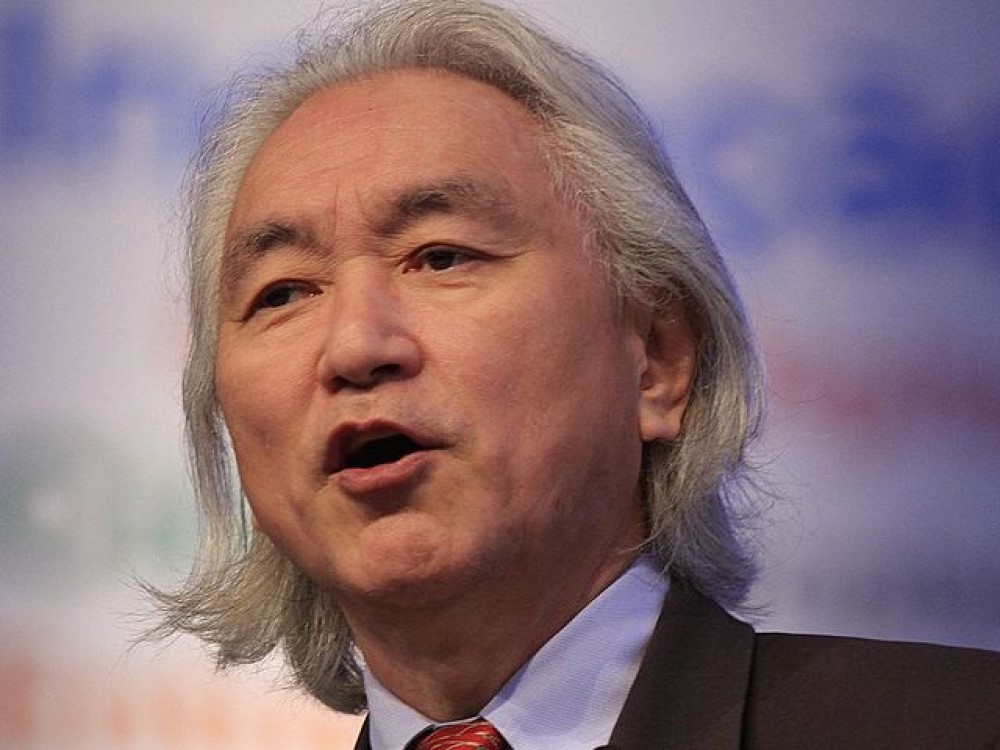
As a high school student, Michio Kaku was the type of kid to build a particle accelerator in his parents’ garage. After that auspicious start, Kaku went on to become one of the most widely recognized figures in science today. He’s the co-creator of string field theory – a branch of string theory – and has written textbooks on superstrings and quantum field theory.
However, the lion's share of Kaku's fame stems from his work as a popularizer of science, i.e., someone who offers an accessible approach to understanding complex physics, quantum mechanics, and other topics. Alongside his hundreds of scientific papers, he has written bestselling science books and appears regularly on television and radio all over the world. A graduate of Harvard and UC Berkeley, he holds the Henry Semat Chair in Theoretical Physics at the City University of New York, where he has taught since the early 1970s. In 2021, he received the Sir Arthur Clarke Lifetime Achievement award for his efforts to bridge the gap between science and science fiction.
Having graduated from Harvard, where he was first in his physics class, Kaku enrolled at UC Berkeley in 1968. As a graduate student, he was exposed to the cutting-edge science being done at the Berkeley Radiation Laboratory, a U.S. national laboratory that conducts scientific research on behalf of the Department of Energy. At Berkeley, he worked closely under Stanley Mandelstam, a giant in theoretical physics who made numerous fundamental contributions to the development of quantum field theory and string theory. Naturally, Kaku was up to the job, and in 1972 he received a PhD in Physics from Berkeley.
As a member of the Berkeley community, Kaku has been known to return to campus throughout the years. One such visit took place in 2018, when the famed futurist attended an event that was held at the First Congregational Church of Berkeley. The occasion celebrated Kaku’s new book, The Future of Humanity: Terraforming Mars, Interstellar Travel, Immortality, and Our Destiny Beyond Earth. During the event, he took audience members on a journey from life's most fundamental building blocks to the universe's deepest reaches. In his talk, he predicted that one day, humans will not only be able to digitize consciousness, but they will be able to travel to the far ends of the universe by beaming these digitalized consciousnesses across the heavens. On a shorter time frame, Kaku sees Mars as being colonized soon enough. At the same time, he emphasized that the ability to reach other planets does not relieve humanity of its responsibility to fight man-made destruction. “We don’t want to run away from the problems of the Earth, like global warming, nuclear proliferation, biogen warfare. But we need an insurance policy,” he said. “The dinosaurs had no space program.”
